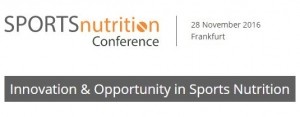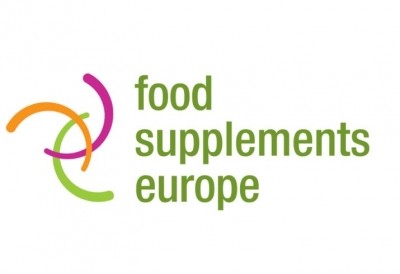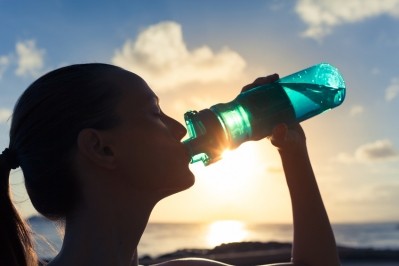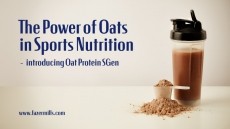ESSNA: Sports nutrition needs vitamin exemption
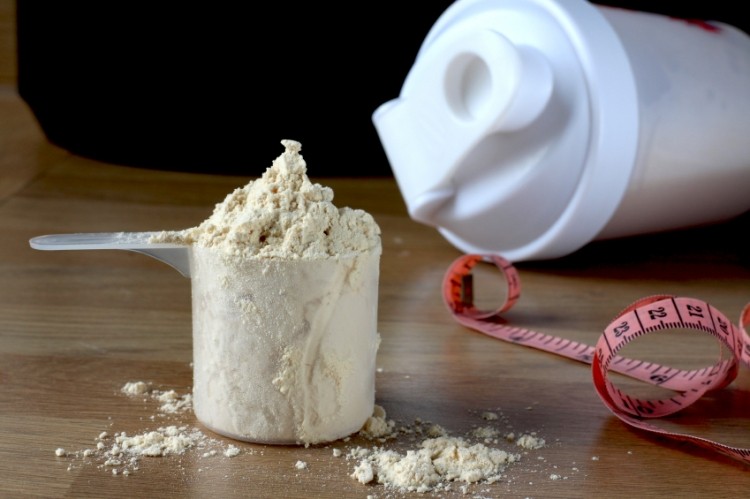
The European Specialist Sports Nutrition Alliance (ESSNA) previously welcomed the summer announcement that the sector would be governed in general food law not the reworked PARNUTS legislation (Foods for Special Groups – FSG) in the European Union.
Now it wants exemption to a general food regulation that is putting in place minimum levels for vitamins and minerals to achieve ‘significant amounts’ as it says they could lead to over-consumption in the context of sports nutrition.
“While we strongly welcome the new legislative framework for sports nutrition products, we are concerned by some of the unintended consequences that the repeal of the PARNUTS framework directive entails, specifically the application of minimum amounts of vitamins and minerals to sports nutrition products,” said ESSNA chair Dr Adam Carey.
"This simply won’t work for the sports nutrition industry. Consumption patterns in our sector are greatly varied depending on type, frequency and intensity of exercise. In particular many athletes engaged in intensive exercise, like marathons or triathlons, will use multiple products including gels, powder drinks and electrolyte drinks in a course of a single day to meet their specific needs.
He added: “ A marathon runner, for example, is likely to take between three to five litres of electrolyte fluids, including gels, during a run.
He said there would be a cost increase for nutrients wasted on the sports nutrition consumer – or indeed over-consumed.
“Therefore, it is crucial that we have some flexibility here to ensure that there is no unnecessary financial increase to our target population, and to eliminate any risk of over-consumption.”
Patrick Coppens, director of regulatory and scientific affairs at Food Supplements Europe (FSE) agreed exemptions may be warranted.
“The Commission has a number of possibilities to correct such aberrations when they occur,” said Coppens. “It will depend on the opinion of the Commission and the EU member states is such a derogation is justified.”
#SNC16
A new NutraIngredients and ESSNA congress held in Frankfurt on November 28 the day before Health Ingredients Europe will place your business front and centre of the playing field be it in supplements, herbals, powders, mixes, drinks, bars or gels.
More information here.
